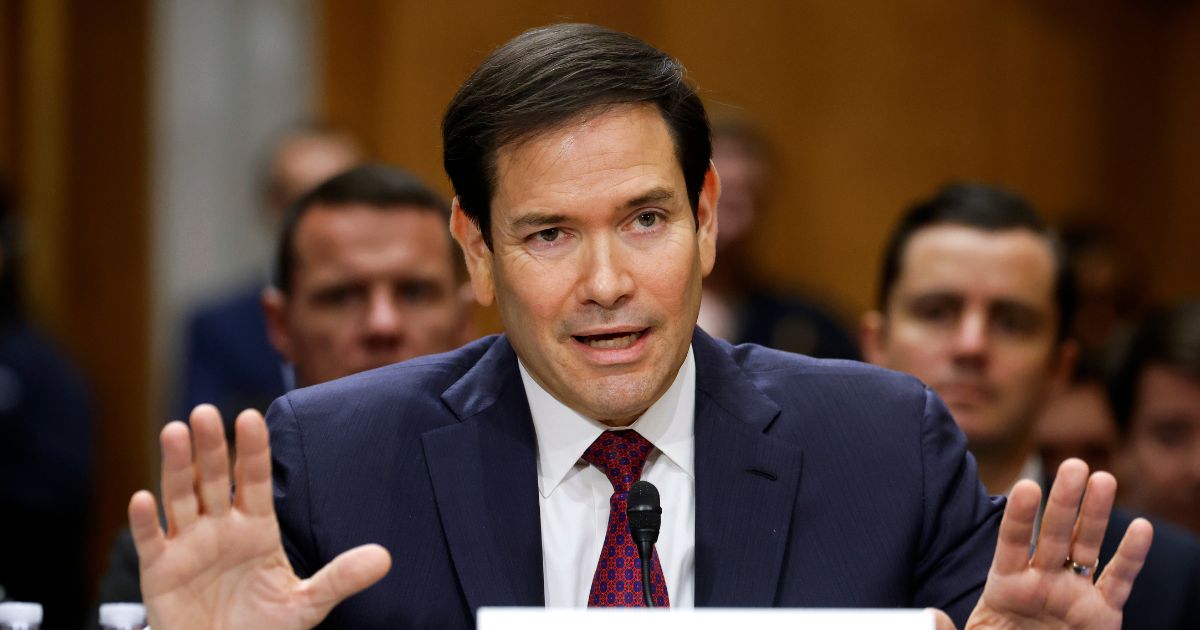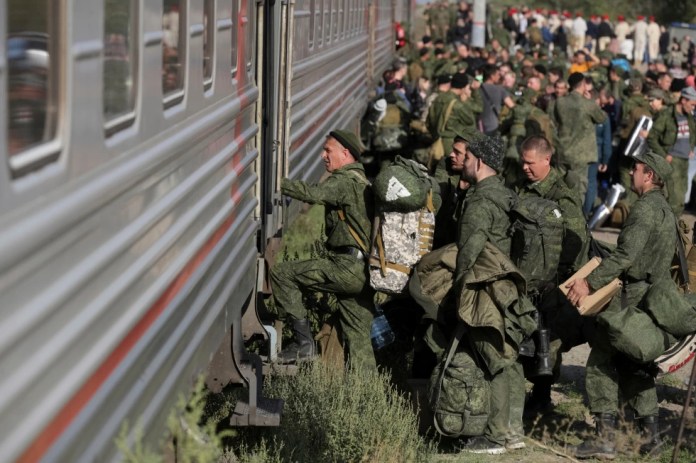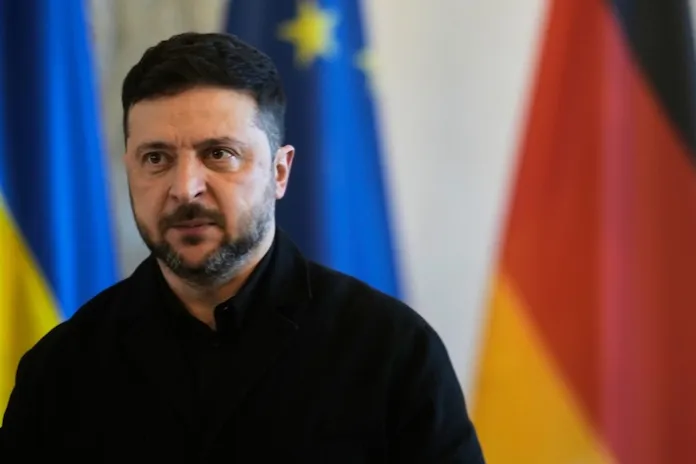Ukraine and Poland face rift over proposed ban on Ukrainian nationalist symbols
The article discusses a growing conflict between Ukraine and poland caused by a proposed Polish law to ban Ukrainian nationalist symbols associated with Stepan Bandera, a controversial figure. Polish president Karol Nawrocki suggested the ban to counter Russian propaganda and improve Polish-Ukrainian relations by equating “Bandera symbols” with Nazi and communist ones in Poland’s criminal code. These symbols often include Bandera’s likeness and the red-and-black flag of the Association of Ukrainian Nationalists and Ukrainian Insurgent Army, both popular among Ukrainian nationalists.
The proposal has sparked outrage in Ukraine, where Bandera is seen by many, especially in the west, as a national hero, even though others view him as a Nazi collaborator and war criminal. poland remembers Bandera for the brutal massacres of Polish civilians during World War II, events it considers genocide and for which Bandera is equated with Nazi war criminals.
Despite close ties due to their shared opposition to Russia, the two countries have a fraught ancient relationship rooted in these events. Ukrainian officials warn that passing such a law would provoke a strong negative reaction in Ukrainian society. Ukrainian President Volodymyr Zelensky has tried to balance these tensions, even jointly honoring massacre victims with the Polish president but avoiding direct blame. The issue remains a sensitive and divisive topic impacting Polish-Ukrainian relations amid the ongoing war with Russia.
Ukraine and Poland face rift over proposed ban on Ukrainian nationalist symbols
A proposed Polish ban on certain Ukrainian nationalist symbols is causing a rift between Ukraine and Poland, one of Kyiv’s closest relationships in its war against Russia.
On Monday, Polish President Karol Nawrocki proposed a law banning “Bandera symbols,” referring to the controversial Ukrainian nationalist leader Stepan Bandera. He argued that the move would benefit Polish-Ukrainian relations as it would disprove “Russian propaganda,” but the proposal already sparked outrage in Ukraine.
“In order to eliminate Russian propaganda and build Polish-Ukrainian relations on true partnership and mutual respect and sensitivity, I believe that we must enshrine in the bill an unambiguous slogan: ‘stop Banderism,’” Nawrocki said, vowing to equate the “Bandera symbol” with Nazi and communist symbols in the Polish Criminal Code.
Nawrocki didn’t specify what exactly constituted Bandera symbols. However, he likely referred to iconography showing the nationalist leader’s likeness and the red and black “blood and soil” flag of the Organization of Ukrainian Nationalists and its military wing, the Ukrainian Insurgent Army. Red and black symbolism is highly popular among nationalistic Ukrainians and features on the symbols of many Ukrainian military units.
A high-level diplomatic source in Ukraine told Ukrainska Pravda and the Kyiv Independent that any passage of such a law would trigger a response.
“Any politicized decisions on allegedly equating Ukrainian symbols with Nazi and Communist ones may provoke stronger negative sentiment in Ukrainian society and will require a response from the Ukrainian side,” they said.
While Poland has been one of Ukraine’s biggest supporters since the beginning of its war against Russia, the two have a fraught history.
Bandera took charge of the OUN/UPA in the early 1930s, turning it into a terrorist organization that allied with the Nazis and carried out violence against Jewish and Polish targets to further the cause of Ukrainian independence.
In 1943, his UPA carried out a bloody campaign of massacres and terrorism against Polish civilians in the regions of Volhynia and Galicia, with a level of brutality that shocked even the Nazis. The killings left historical eastern Poland so depopulated of Poles that the Soviet government deported the remainder and shifted Poland and Ukraine’s borders westward.
The Polish government considers the Volhynia and Galicia massacres a genocide, and holds Bandera equal in infamy to Nazi war criminals of the same era.
Bandera’s image in Ukraine is highly controversial. He’s held by many Ukrainians, particularly nationalists and those in the western part of the country, as a hero and national icon of liberation. Others, especially those in the east and south, view him as a fascist, Nazi collaborator, and war criminal.
In recent years, his admirers have won the upper hand. Over a dozen major Ukrainian cities, including Kyiv, have streets named after him (along with one street in Michigan). Over 40 monuments and statues have been erected in his honor across Ukraine.
STEPHEN KING APPEARS TO PRAISE HOLOCAUST ARCHITECT AS ‘GREAT MAN’ IN PRANK CALL
The honoring of Bandera and the UPA has been a major sore spot between Poland and Ukraine. A German-Polish scholar who wrote a major, critical biography of Bandera faced a massive harassment campaign while trying to lecture in Ukraine. A critically acclaimed 2016 Polish movie, Wołyń, depicting the events of the Volhynia and Galicia Massacres, was banned in Ukraine.
Ukrainian President Volodymyr Zelensky has sought to tread a thin line between placating Polish sensitivities and avoiding the wrath of nationalist Ukrainians. In July 2023, he took the unprecedented move of honoring the victims of the 1943-1945 massacres alongside former Polish President Andrzej Duda, but stopped short of naming or casting blame on the Ukrainian perpetrators.
" Conservative News Daily does not always share or support the views and opinions expressed here; they are just those of the writer."




